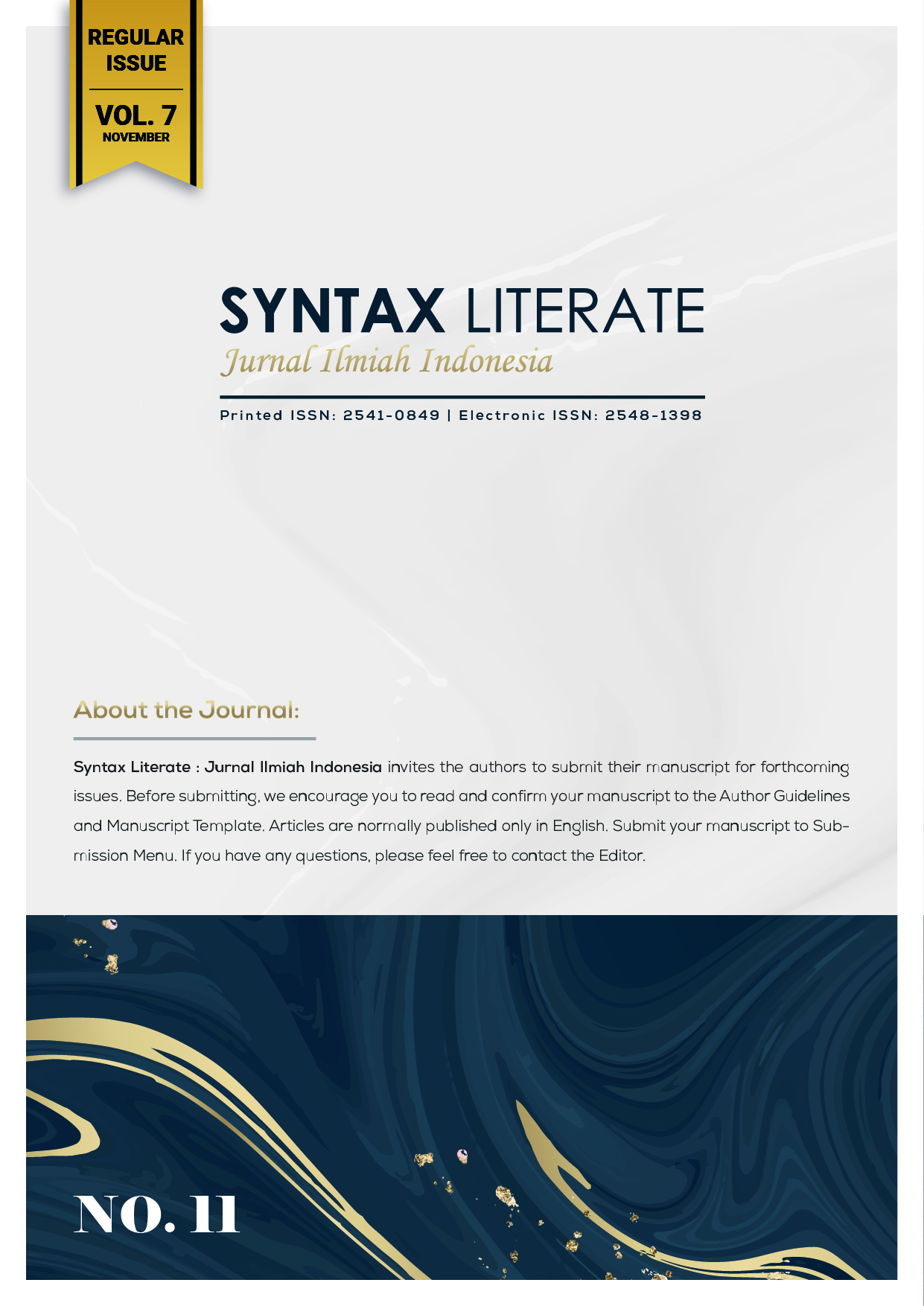Analysis of Factors Influencing the Development of Index Mutual Funds
Abstract
Earlier studies examined the factors that affect stock market performance, but they were unable to pinpoint the reason why index funds were unpopular in various countries. In contrast to the US, where Vanguard and Fidelity's index mutual funds have the greatest NAVs, index mutual funds in Indonesia only account for 1.55% of the total NAV by the end of 2021. Reputable professionals like Warren Buffet and John C. Bogle advise investors to place their money in low-cost index funds which are automatically diversified because they think that this is the only way to ensure that investors will make the most money possible from the stock market.The objective of this study is to empirically examine the macroeconomic and financial factors driving the growth of index mutual funds. From 2000 to 2021, the analysis examined a sample of 37 foreign stock markets, including markets in developed and developing countries. Techniques for data analysis were used, such as data panel regression. financial system and macroeconomic factors such as Foreign Direct Investment, export of goods and services, economic size, stage of economic development, government consumption spending, current account balance, banking system, and stock market return associated with a index mutual funds development. The most significant variable that could positively influence the expansion of index funds in a nation is the country's stage of economic development (measured by GDP per capita). The findings may be useful to a number of parties, including the government in developing specific policies to develop index fund products. This research is a development from the previous studies where macroeconomic and financial factors are used to find out why there are countries with unpopular index funds and vice versa.
Downloads
Copyright (c) 2022 Ghama Adi Tama

This work is licensed under a Creative Commons Attribution-ShareAlike 4.0 International License.











